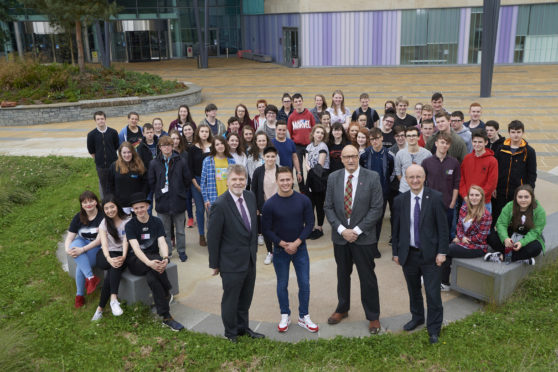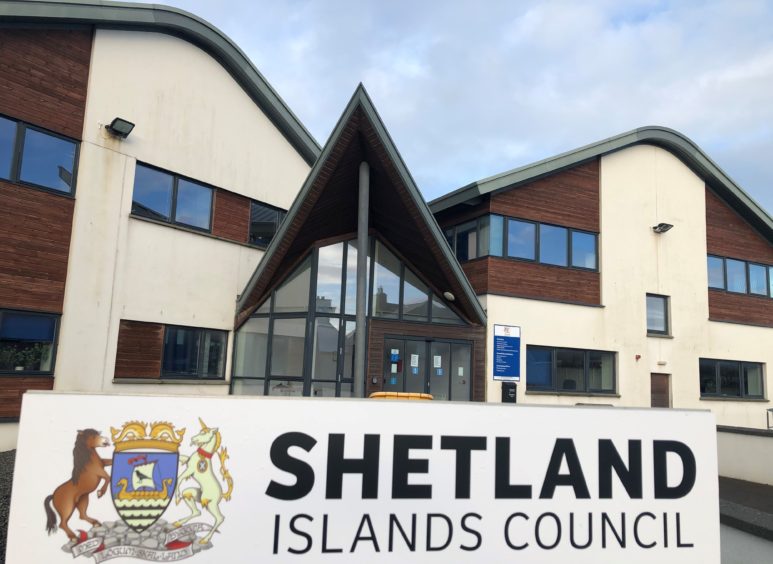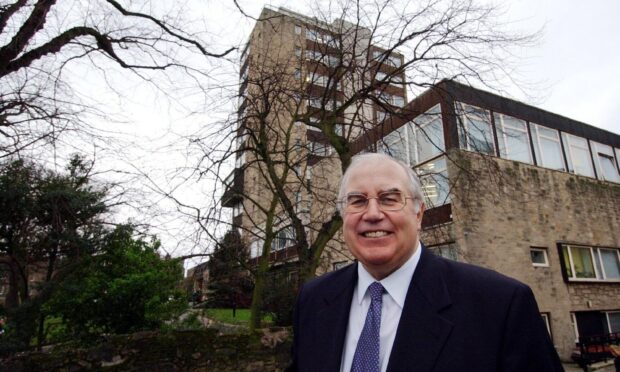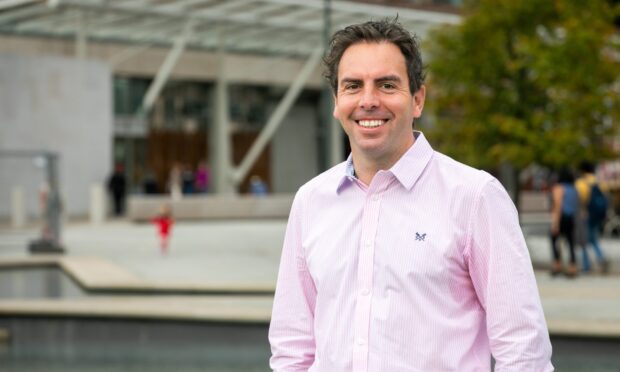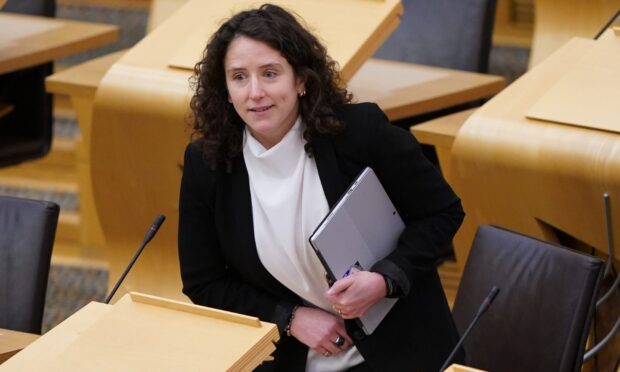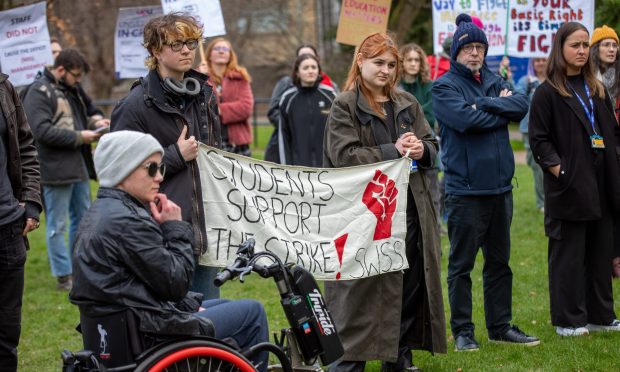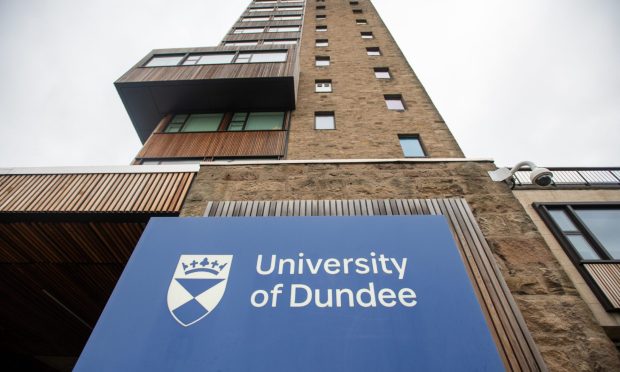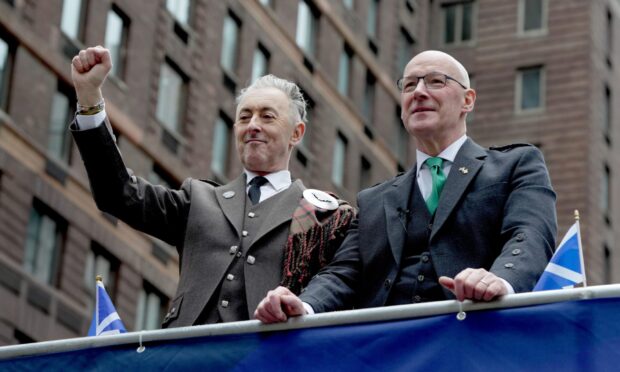Scotland suffers from a “postcode lottery” when it comes to young people playing a part in political decision making, the authors of a new report have said.
Some local authorities, like Dundee City Council, are “exemplars” when it comes to engaging youngsters but others, like Orkney, have become victims of budget cuts and have more work to do.
The report, Being Heard: One Year On, surveyed the action taken by Scotland’s 32 councils when it came to getting young people involved.
Overall local authorities made progress on the issue last year despite grappling with budget cuts. But the report also unearthed an uneven playing field when it came to exactly how councils engaged with the next generation.
Orkney was one of the councils that was singled out for having made “no progress”. Despite “valiant efforts” by its small community, learning and development team there was “limited” evidence of progress, with the group struggling with a £50,000 budget cut.
Highland Council was found to have made progress but there was concern that its annual paid Youth Convener post had not been filled in 2019/20, despite being in place for the last 15 years.
In contrast, Dundee was praised for nurturing its links with young people through a £25,000 youth fund and regular meetings between councillors, members of the Scottish Youth Parliament and Dundee youth council.
There is a lack of leadership from the top. While one size should not fit all, more sharing of good practice is required.”
Kristopher Leask, report co-author
Report co-author Kristopher Leask, 20, an Orcadian who studies at St Andrews University, said a more consistent approach was needed to involve young people in decision making
“There is a lack of leadership from the top. While one size should not fit all, more sharing of good practice is required. Councils that struggle to, or refuse to, give young people a fixed role in local governance – that is neither tokenistic nor at the convenience of local government when it suits – must be held to account. This postcode lottery when it comes to young people engagement must end.”
The report praised Aberdeen City Council for introducing several new initiatives including a Syrian New Scots Integration programme last August. A youth worker has been appointed to support young Syrians in the city.
But it noted the council’s community, learning and development service, which is responsible for youth work, has undergone cuts in service over the past year. It has been reduced by one full-time development officer and four part-time community learning youth workers.
Significant progress had been made in Aberdeenshire and progress had been made in Angus, Argyll and Bute, Fife, the Western Isles and Perth and Kinross. Shetland was hailed as a “rising star” when it came to getting young people involved with two Scottish Youth Parliament members having observer status on education and families committees.
And Moray was commended for doing much when faced with “tough” budget cuts. The council had not allowed cash pressures to “disrupt its drive to ensure that the voices of young people in the county are heard”.
The report’s 10 recommendations included each council having a young person’s champion and the development of mentoring programmes for the next generation.
A spokeswoman for Highland Council said the Youth Convener post was the responsibility of the council-funded High Life Highland charity, formed by the local authority.
An Orkney Council spokesman said: “We received a copy of the report on Monday afternoon. It will now be carefully considered before we provide a response to the authors from the council.”
A spokesman for High Life Highland said: “The Youth Convener post was suspended by councillors while a youth strategy was being drawn up. This meant High Life Highland were unable to recruit to the post, as there was no funding available for it at the time. The result of that strategy was that young people valued the post and it is now planned to be reinstated.”
